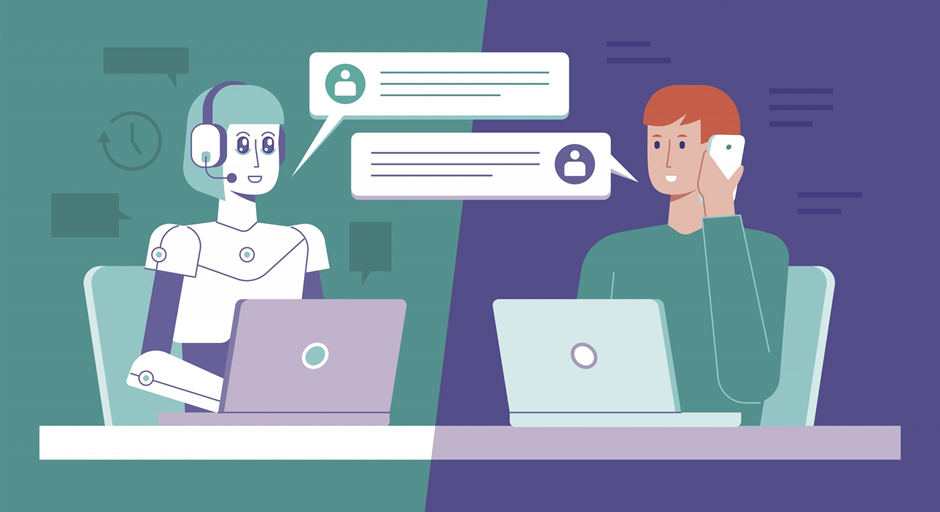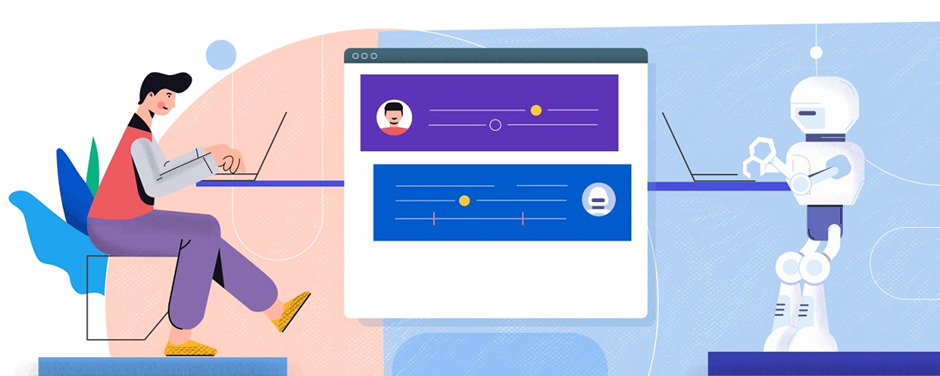AI Chatbots Are The New Job Interviewers. In early June, Amanda Claypool was looking for a job at a fast- food eatery in Asheville, North Carolina. But she faced an unanticipated and annoying chain glitchy chatbot babe. A many exemplifications McDonald’s chatbot beginner “ Olivia ” cleared Claypool for an in- person interview, but also failed to record it because of specialized issues. A Wendy’s bot managed to record her for an in- person interview but it was for a job she could not do. also a Hardees chatbot transferred her to solicit with a store director who was on leave — hardly a flawless recruiting strategy.

The crew operating the eatery had no idea what to do with me or how to help me, ” Claypool, who eventually took a job away, told Forbes. “ It sounded like a more complicated thing than it had to be, ” she said.( McDonald’s and Hardees didn’t respond to a comment request. A Wendy’s prophet told Forbes the bot creates “ hiring edge, ” adding “ invention is our DNA. ”) HR chatbots like the bones Claypool encountered are decreasingly being used in diligence like healthcare, retail and caffs to sludge out unqualified aspirants and schedule interviews with the bones
who might be right for the job. McDonalds, Wendy’s, CVS Health and Lowes use Olivia, a chatbot developed by Arizona- grounded$1.5 billion AI incipiency Paradox.
Other companies like L’Oreal calculate on Mya, an AI chatbot developed in San Francisco by a incipiency of the same name.( Paradox did n’t respond to a comment request about Claypool’s experience.) utmost hiring chatbots aren’t as advanced or elaborate as contemporary conversational chatbots like ChatGPT. They ’ve primarily been used to screen for jobs that have a high- volume of aspirants — cashiers, storehouse associates and client service sidekicks.
They’re rudimentary and ask fairly straightforward questions like if they know how to use a forklift or Are they suitable to work weekends . But as Claypool set up, these bots can be perambulator — and there is not always a mortal to turn to when commodity goes wrong. And the clear- cut answers numerous of the bots bear could mean automatic rejection for some good campaigners who might not answer questions like a large language model wants them to. That could be a problem for people with disabilities, people who aren’t complete in English and aged job aspirants, experts say. Aaron Konopasky, elderly attorney counsel at the U.S. Equal Employment Opportunity Commission( EEOC), fears chatbots like Olivia and Mya may not give people with disabilities or medical conditions with indispensable options for vacuity or jobroles. However, there is a natural occasion to talk about reasonable lodgment , ” he told Forbes, “ If it’s a mortal being that you are talkingto. However, and the person needs to be suitable to request some kind of impunity, also the chatbot might not give them the occasion to do that, “ If the chatbot is too rigid. ”
Chatbots take some of the load off of recruiters

Urmila Janardan, a policy critic at Upturn, a nonprofit which researches how technologies impact openings for people, noted that some companies have also turned to personality tests to weed out campaigners — and the questions to screen campaigners may not be related to the job at all.
For Rick Gned, a part- time painter and pen, a personality quiz was part of a chatbot interview he did for an hourly- pay envelope shelf- mounding job at Australian supermarket, Woolworths. The chatbot, made by AI reclamation establishment Sapia AI( formerly known as PredictiveHire), asked him to give 50- to 150- word answers for five questions and also anatomized his responses, looking for traits and chops that match the babe ’ preferences.
It advanced recruiters to the coming round interview. While Sapia AI doesn’t bear aspirants to respond to questions under a time limit, the system measures judgment structure, readability and complexity of words used in the textbook responses, Sapia AI CEO and cofounder Barb Hyman said in an dispatch.













